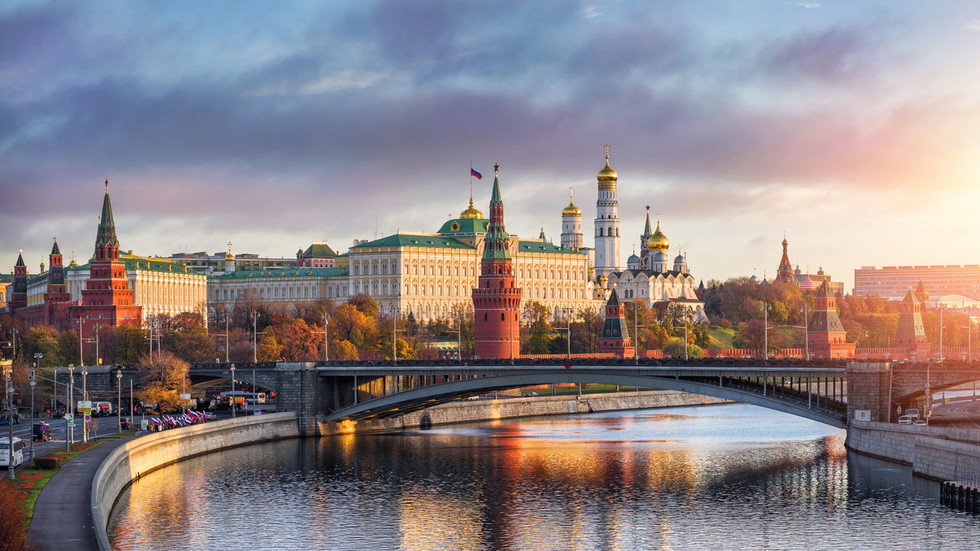In recent discussions surrounding nuclear threat reduction, Moscow has signaled that it views the scope of potential talks as insufficiently broad, primarily due to the ongoing conflict in Ukraine. Dmitry Peskov, the spokesperson for the Kremlin, emphasized that while Russia deems discussions concerning nuclear security critical, any negotiations involving major world powers must encompass a wider spectrum of security concerns. This perspective arises from the belief that the conflict in Ukraine, which Russia perceives as a proxy war fueled by direct and indirect involvement from nuclear-armed states such as the U.S., U.K., and France, requires a holistic approach to security discussions. Peskov articulated the need to recognize the complexities of the current geopolitical landscape, arguing that isolated dialogue on nuclear issues would be inadequate and detached from the ongoing realities.
U.S. President Joe Biden has recently echoed the sentiment for renewed dialogue on nuclear disarmament and security, framing it as a necessary step toward a safer global environment. Biden’s remarks, made in the context of congratulating this year’s Nobel Peace Prize winners, highlighted the importance of addressing nuclear threats, particularly in an increasingly dangerous world. He underscored that the urgency for nuclear disarmament is amplified by the geopolitical tensions and the looming threats present today. Concurrently, reports have emerged indicating that Biden’s administration has approved a new U.S. nuclear strategy aimed at preparing for possible coordinated confrontations involving Russia, China, and North Korea, signaling a proactive stance amid escalating global tensions.
Despite Moscow’s stated commitment to avoiding nuclear weapon usage, officials have reiterated concerns regarding the West’s deepening involvement in the Ukraine conflict. The Kremlin views this engagement as a substantial provocateur that risks escalating into direct confrontations. President Vladimir Putin has hinted at significant modifications to Russia’s nuclear doctrine, which are poised to redefine its response strategy in the context of perceived threats. This notable adjustment stems from the ongoing debates among the U.S. and its allies about potentially allowing Ukraine to utilize Western-supplied arms for deep strikes within Russian territory, prompting Moscow to reassess its nuclear strategy in the face of emerging threats.
In light of these tensions, Russian officials have continuously underscored the necessity for vigilance regarding the growing threat of nuclear war, attributing these escalations primarily to what they term the West’s “destructive policy.” Maria Zakharova, spokesperson for the Russian Foreign Ministry, articulated concerns over the catastrophic repercussions of ongoing military support and strategic deliberations involving Ukraine and its Western allies. Such affirmations reflect a broader anxiety within Russia about the potential ramifications of the ongoing conflict, as well as the perceived moral responsibility of world powers to avoid actions that could lead to irreversible outcomes.
As the landscape of international security evolves amid the conflict in Ukraine and other geopolitical tensions, the dialogue surrounding nuclear disarmament becomes increasingly complex and entangled with underlying issues. Both Moscow and Washington recognize the gravity of nuclear threat conversations, yet disparities in their approaches suggest a stalemate in negotiations. The Kremlin’s insistence on a comprehensive discussion that incorporates various security dimensions contrasts with Western efforts focusing on nuclear disarmament as a standalone objective. This disconnect raises questions about the feasibility of achieving mutual agreements without addressing broader concerns such as military interventions, territorial disputes, and national defense strategies.
In summary, the intersection of nuclear security dialogues with the ongoing war in Ukraine highlights the challenges of approaching such sensitive discussions in an ever-evolving geopolitical landscape. Both Russian and American administrations appear to recognize the need for effective communication and negotiation regarding nuclear threats, yet fundamental differences in perspective persist. As decades of nuclear diplomacy collide with 21st-century conflicts, the stakes remain high, necessitating both sides to reconsider their positions and engage in comprehensive discussions that address the multifaceted nature of global security threats.

